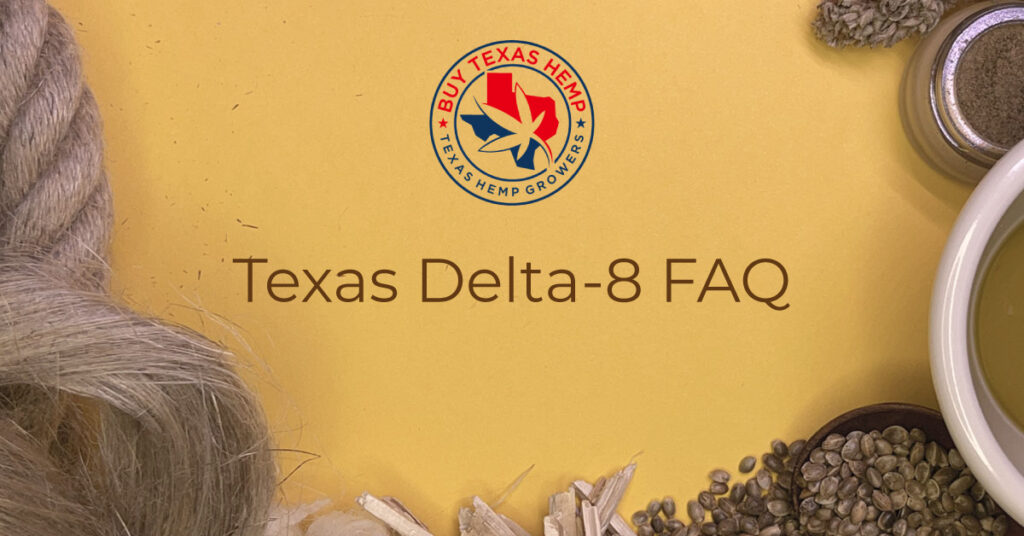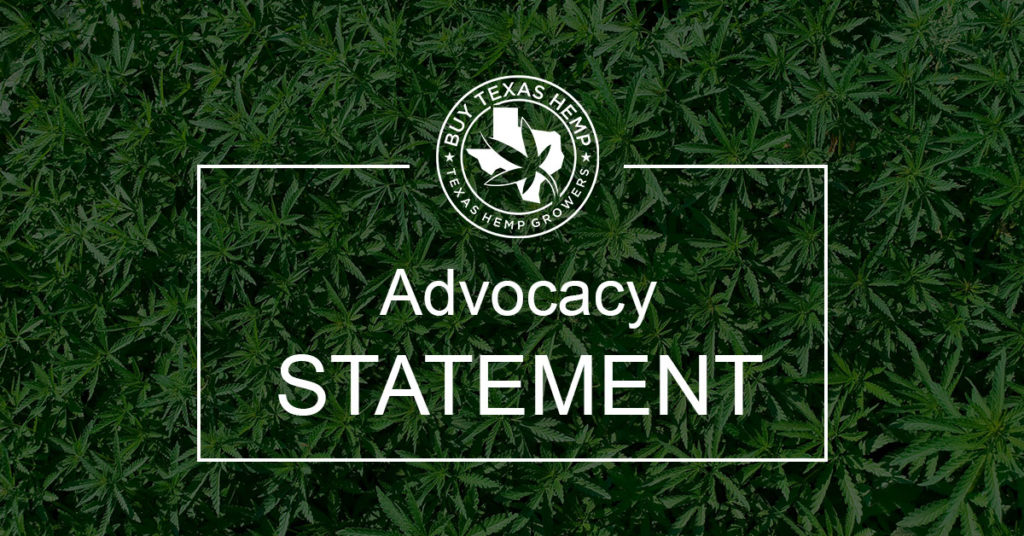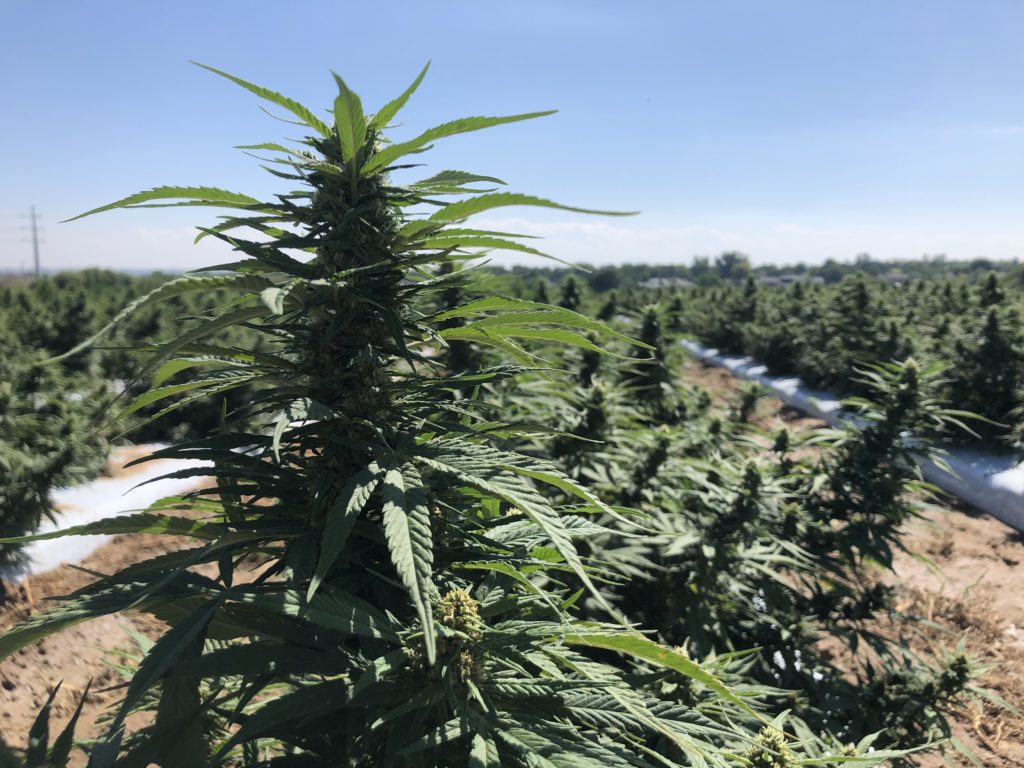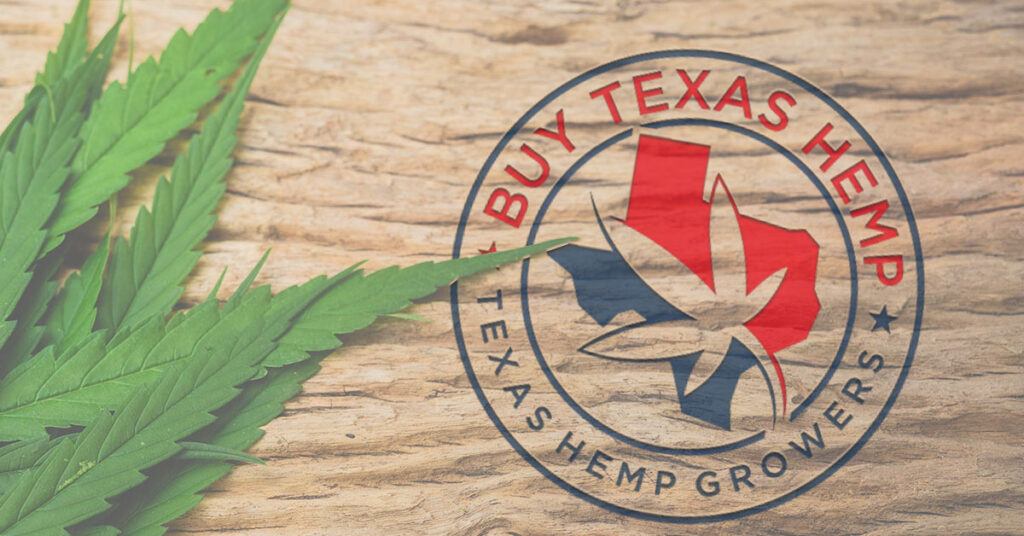RISK ALERT: THCa is the hot new thing replacing delta-8. But is it legal?
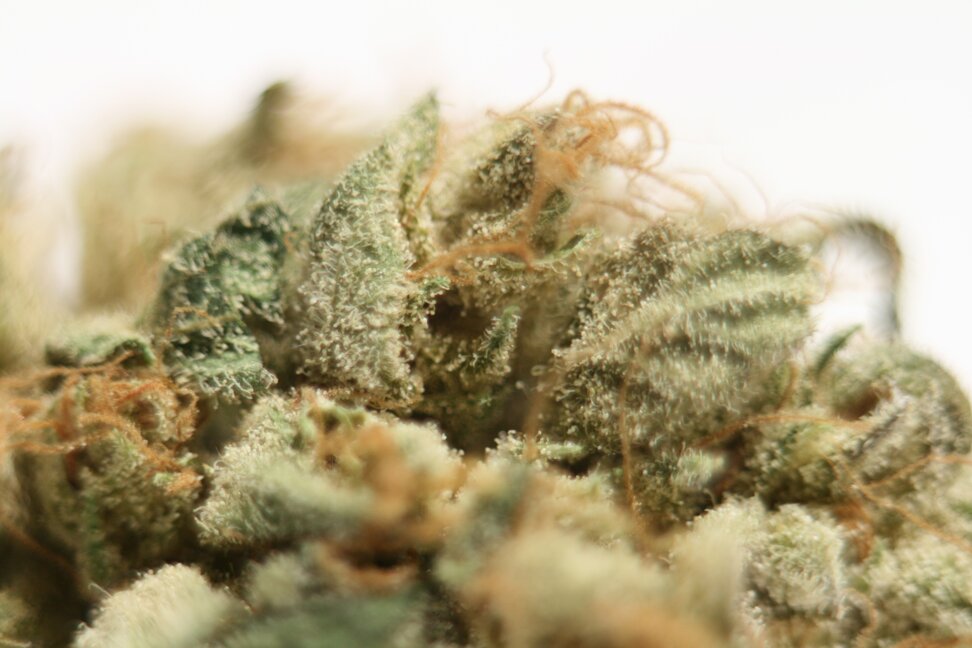
Exploring trends by visiting retailers is a common practice that can provide valuable insights on the direction and state of the market.
During a recent excursion, it was brought to my attention that products containing Tetrahydrocannabinolic Acid (THCa) are becoming increasingly popular and are replacing delta-8 products in some stores as a customer preference. While this development is exciting, it raises important legal red flags for the industry.
THCa is a naturally occurring cannabinoid found in hemp plants that is considered a precursor to delta-9 THC, the psychoactive component in cannabis. When THCa is decarboxylated (heated up), it converts to delta-9 THC.
Recently, manufacturers have started marketing isolated THCa. This crystallized THCa is infused with flowers and other products to boost the THCa concentration.
Because THCa is abundant and naturally-occurring in hemp, it would be easy to assume that these new boosted THCa products are safe and legal to consume. This assumption would probably be supported by test results from these manufacturers, which show their products contain “0% delta-9 THC”.
But the test results don’t tell the whole story. And because they don’t tell the full story, they are putting retailers and customers in the direct line of fire from law enforcement.
There are two major methods of quantifying the concentration of THCs and other cannabinoids in products: high-pressure liquid chromatography (HPLC) and gas chromatography (GC). Most labs that test consumer goods will use HPLC, partly because it allows for separate quantification of different THCs. This method is preferred by manufacturers, since it will almost always assure them a test with a 0% delta-9 THC result.
Gas Chromatography, on the other hand, converts THCa to delta-9 THC and is not preferred by the industry. And while the industry might prefer HPLC, what method of testing does law enforcement prefer?
Last week, I queried the Texas Department of Public Safety about the method it uses to test seized cannabis products. Their communications office confirmed DPS’ in-house lab and their contract lab use gas chromatography.
My understanding is gas chromatography is the preferred testing method of most, if not all, law enforcement.
Searching for “THCa flower Texas” will yield several results which have cropped up in the past few months. One example advertises flowers with 28.7% THCa and 0.29% delta-9 THC. When you review their test results, you find the method of testing used was HPLC. But should this same flower be tested using GC, it would produce a result of more than 29% delta-9 THC. Surprise! You’re now trafficking “marijuana” by the state’s definition. If it’s a vape or concentrate, it’s an automatic felony.


In all cases I reviewed, the test results were relying on HPLC to produce the 0% delta-9 THC result. But, if they were to run the same tests with GC, those products would be illegal.
The risk is shared across the board. Processors, manufacturers, distributors and retailers of these products all run the risk of being targeted by law enforcement. If a retailer is raided and these products are seized, that business owner could be facing serious felony drug trafficking charges.
THCa products are not protected by the court order concerning DSHS and delta-8. If a customer is caught with THCa products, they can be confiscated and there’s the possibility of arrest and prosecution.
Therefore, it is recommended that caution is exercised when dealing with THCa products, as they may pose a higher legal risk than delta-8. To ensure you are always compliant, you should only purchase products with test results showing 0.3% or less total THC.
While it is essential to understand the market trends and consumer preferences, the safety and legality of the products sold to customers should be the top priority for all involved in the industry.

